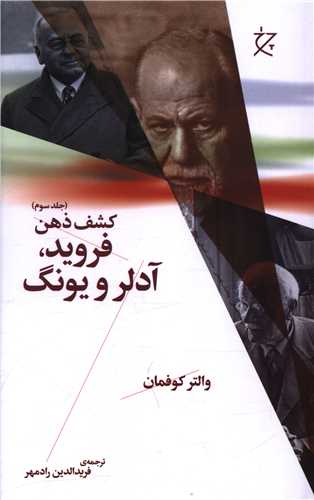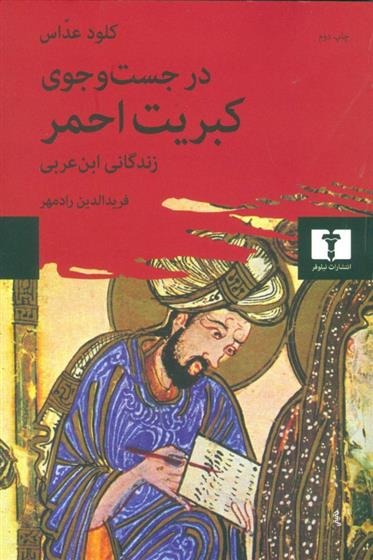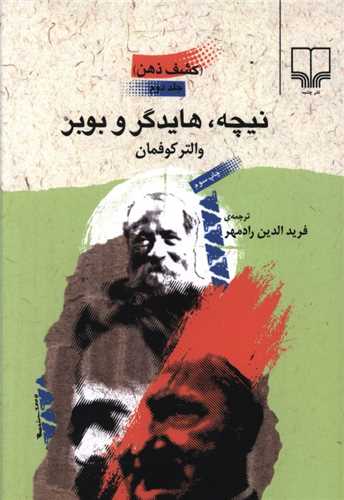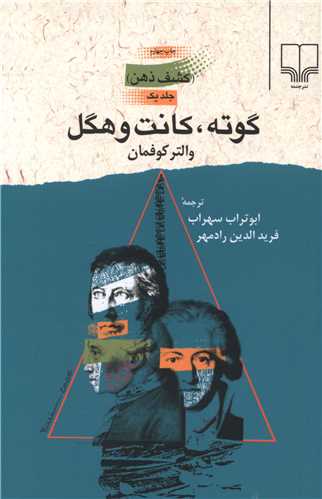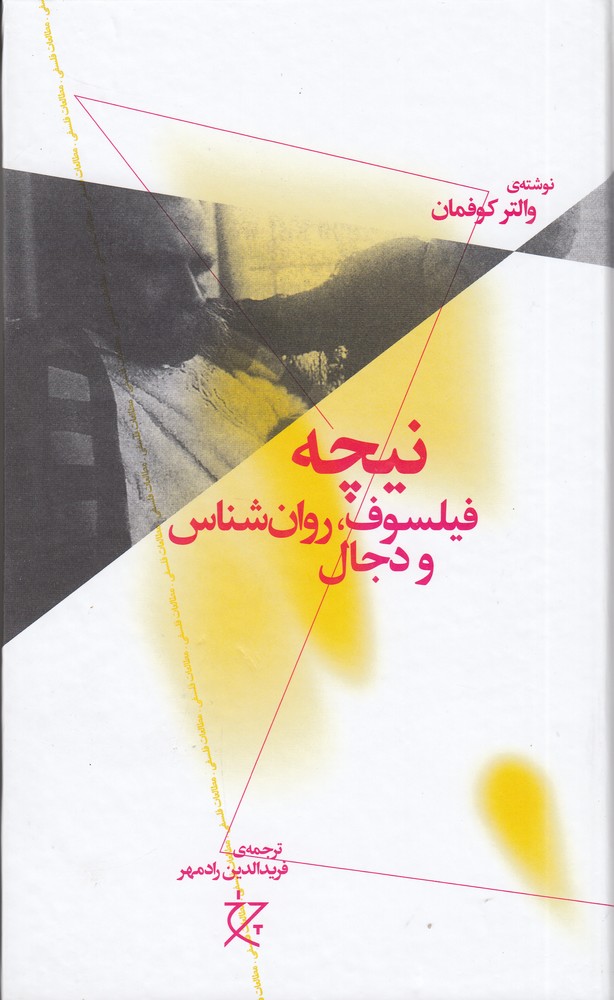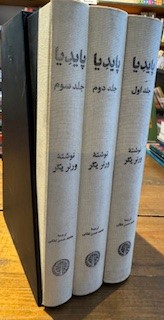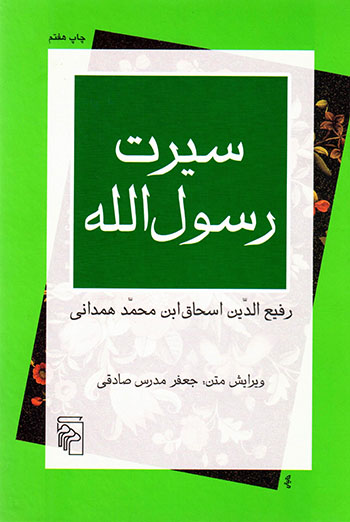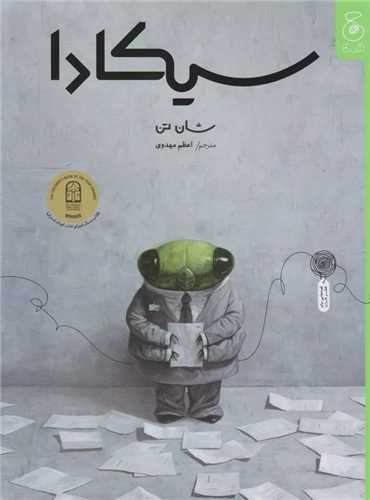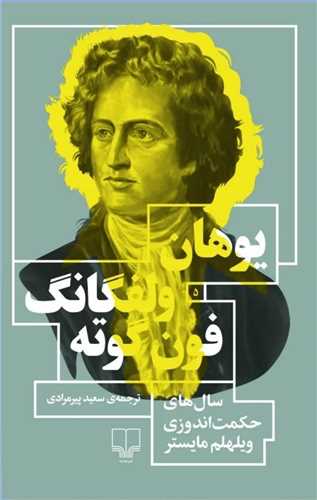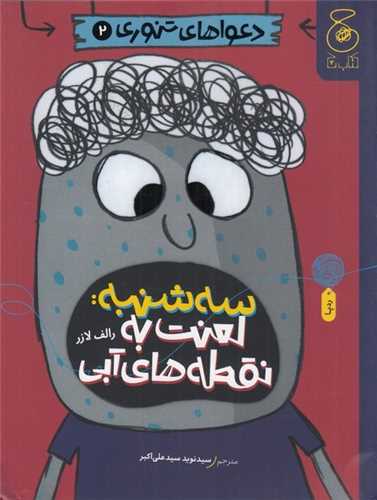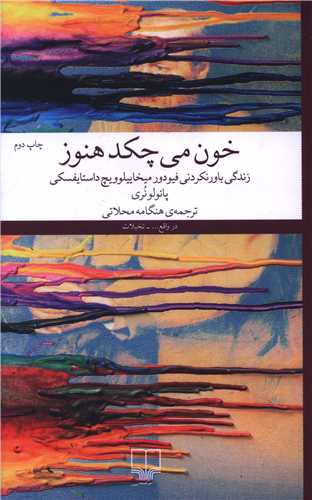Kashf-i zihn (Jild-i Sivvum: Firuyd, Ādlir, Yūng): Persiska (Farsi) 1402
(کشف ذهن (جلد سوم: فروید، آدلر و یونگ
242 SEK
Dela
Wishlist
ISBN:
9786225250529
Översättare:
Farid Al-din Radmihr
Förlag:
Chishmih
Åldersgrupp:
Vuxen
Sidor:
654
Vikt:
545 g
Produktmått:
14 x 21 x 6 cm
Bokomslag:
Pocketbok
Walter Kaufmann completed this, the third and final volume of his landmark trilogy, shortly before he died in 1980. The trilogy is the crowning achievement of a lifetime of study, writing, and teaching. This final volume contains Kaufmann's tribute to Sigmund Freud, the man he thought had done as much as anyone to discover and illuminate the human mind. Kaufmann's analytical brilliance seems a fitting reflection of Freud's, and his acute commentary affords fitting company to Freud's thought. Kaufmann traces the intellectual tradition that culminated in Freud's blending of analytic scientific thinking with humanistic insight to create "a poetic science of the mind." He argues that despite Freud's great achievement and celebrity, his work and person have often been misunderstood and unfairly maligned, the victim of poor translations and hostile critics. Kaufmann dispels some of the myths that have surrounded Freud and damaged his reputation. He takes pains to show how undogmatic, how open to discussion, and how modest Freud was. Kaufmann endeavors to defend Freud against the attacks of his two most prominent apostate disciples, Alfred Adler and Carl Gustav Jung. Adler is revealed as having been jealous, hostile, and an ingrate, a muddled thinker and unskilled writer, and remarkably lacking in self-understanding. Jung emerges in Kaufmann's depiction as an unattractive, petty, and envious human being, an anti-Semite, an obscure and obscurantist thinker, and, like Adler, lacking insight into himself. Freud, on the contrary, is argued to have displayed great nobility and great insight into himself and his wayward disciples in the course of their famous fallings-out.
more
یونگ مایل بود فروید را به دگماتیسم یا جزمی گرایی متهم سازد، اگرچه این مطلب هر خواننده ی روشن ضمیری را که آثار فروید را می خواند، بهت زده می نماید، زیرا آن چه بیش از هر چیز در آثار فروید جلب توجه می کند آن است که وی دایما موضوعات و متغیرات را در نظر می گیرد. در این جنبه، فروید به نحوی حیرت انگیز با بسیاری از شاگردان، و شاگردان قبلی اش، خصوصا یونگ، متفاوت است. آن طور که فروید می کوشید، یونگ اصلا تلاش نکرد این مضمون انتقادی را به خوانندگان آثار خود و نیز شاگردان ممتاز مکتبش تحمیل کند. یونگ و یونگی ها در این جنبه ها به دین و مذهب بسیار نزدیک شدند. آنان همه ی ابعاد گوناگون دانش سری و روایات مکتوم را به خوانندگان آثار خود منتقل ساختند، بی آن که طرحی در این نزاع سرسختانه ارائه دهند تا چیزی شرافتمندانه بیابند، همان گونه که فروید غالبا انجام می داد.
more

